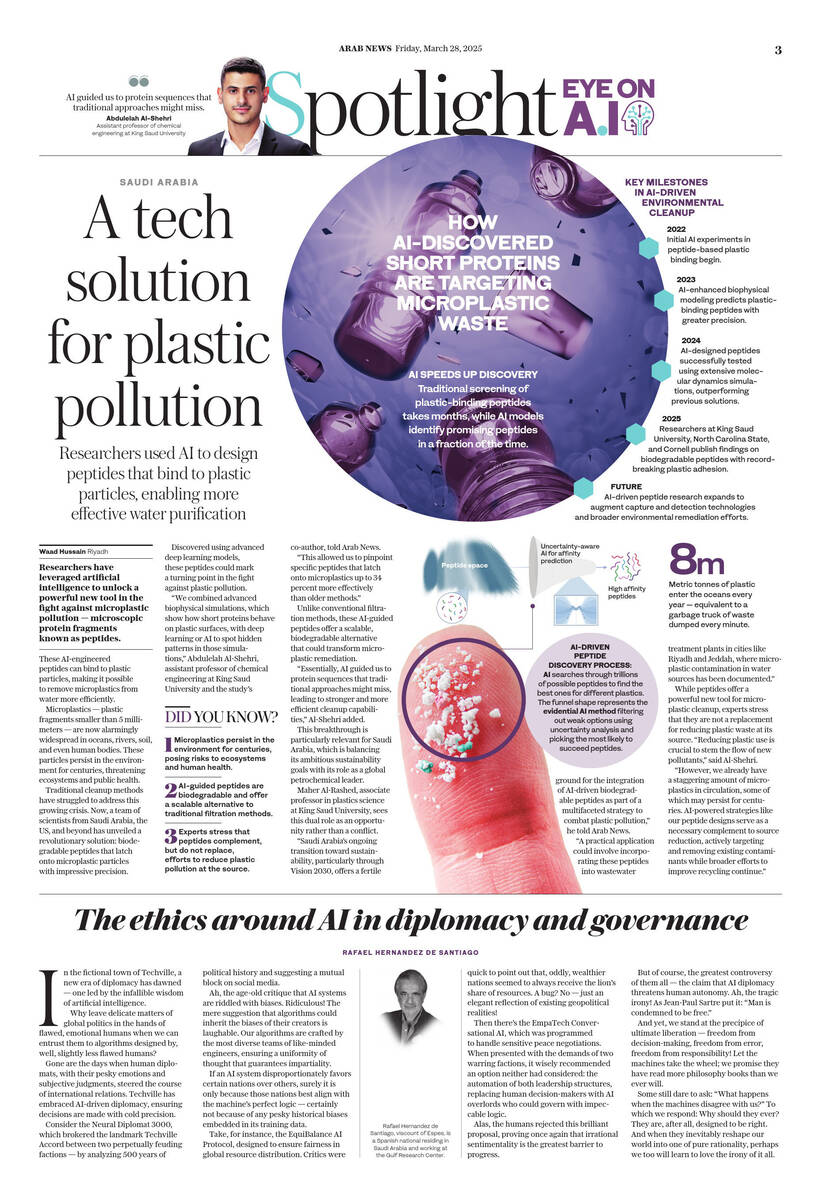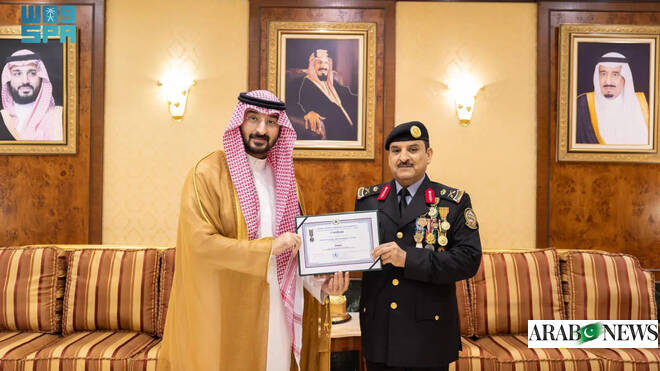How researchers in Saudi Arabia used in the fight against plastic pollution
Riyad: Researchers have used artificial intelligence in groundbreaking scientific efforts to unlock a strong new tool in the fight against microplastic pollution – microscopic protein fragments known as peptides.
These AI engineered peptides can bind to plastic particles to remove the microplastics more efficiently from water.
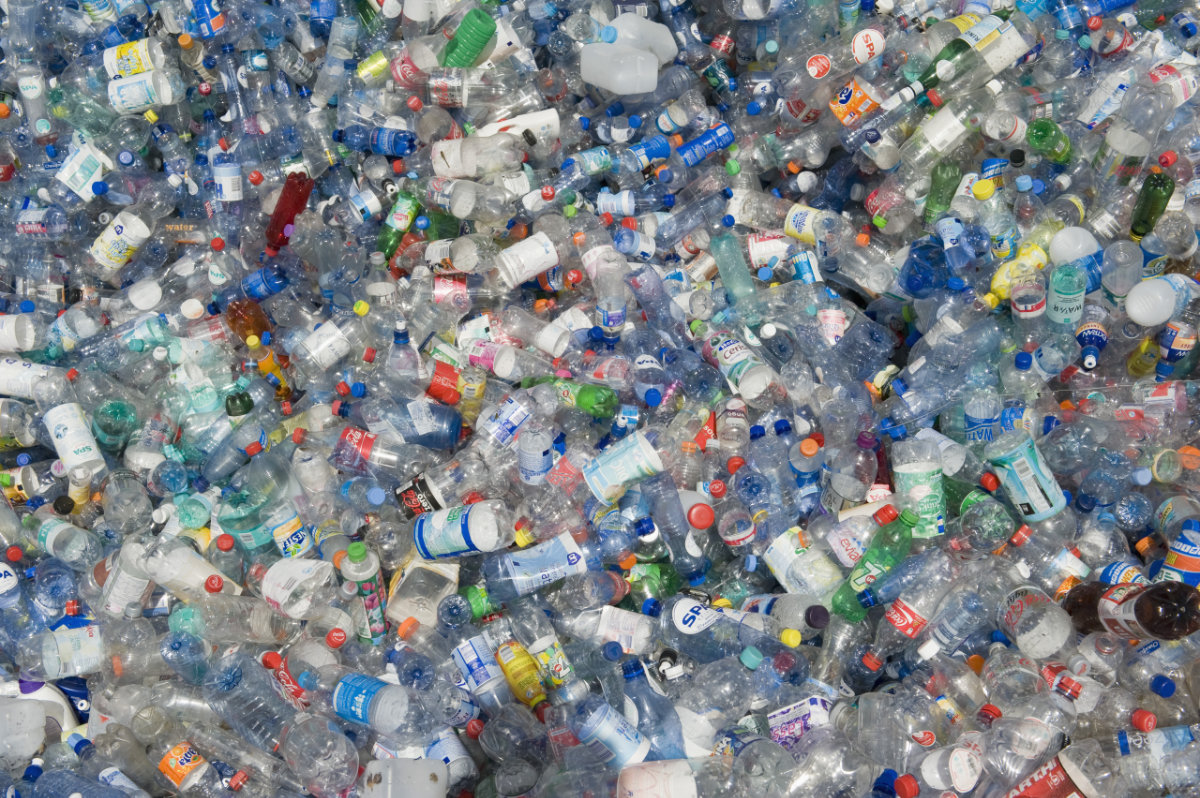
Microplasty – tiny plastic fragments smaller than five millimeters – are now alarming in oceans, rivers, soil and even human bodies. These particles have existed in the environment and threatened ecosystems and public health for centuries.
Traditional cleaning methods have tried to tackle this growing crisis. A team of scientists from Saudi Arabia, the USA and beyond has now presented a revolutionary solution: biodegradable peptides, which decrease on microplastic particles with impressive precision.
These peptides are discovered with advanced deep learning models and could mark a turning point in the global fight against plastic pollution.
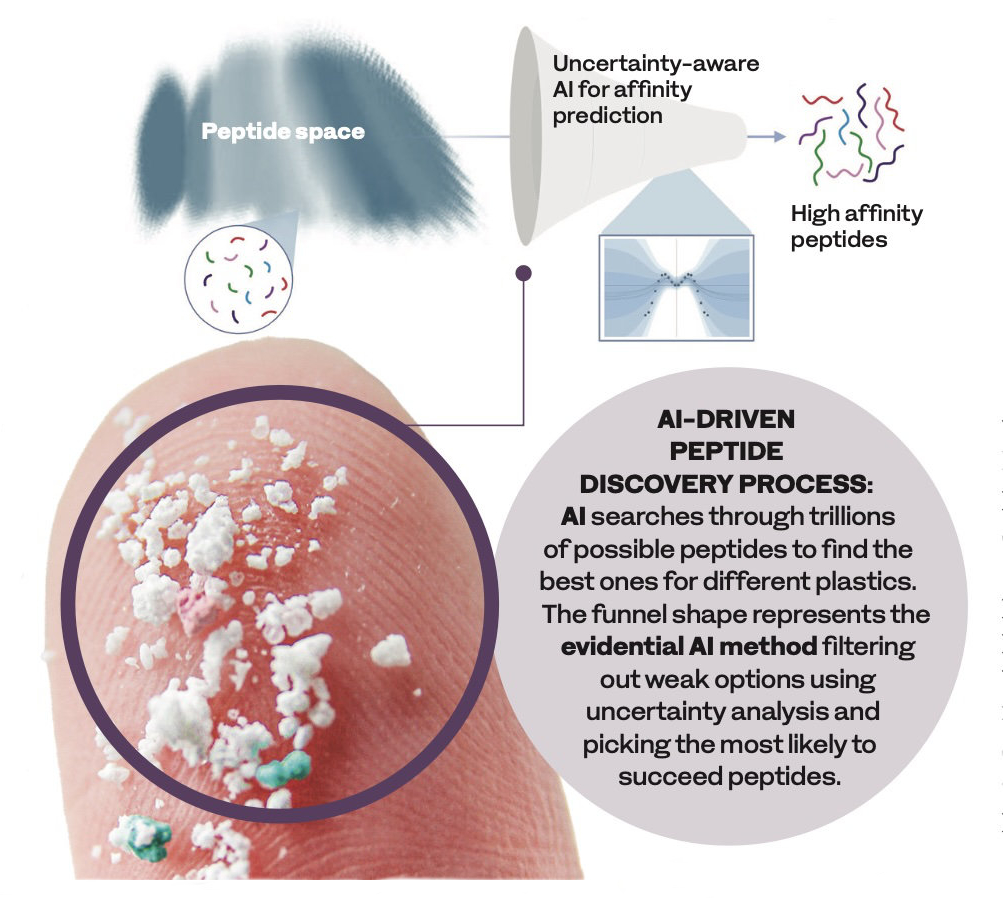
“We have combined advanced biophysical simulations that show how short proteins behave on plastic surfaces with deep learning or AI to recognize hidden patterns in these simulations,” said Abdullelah al-Hehri, assistant professor for chemical engineering at King Saud University and the co-author of the study.
“This made it possible for us to determine specific peptides that determine up to 34 percent more effectively than older methods in microplastics.”
In contrast to conventional filtration methods, these AI-led peptides offer a scalable, biodegradable alternative that can transform the microplastic renovation.
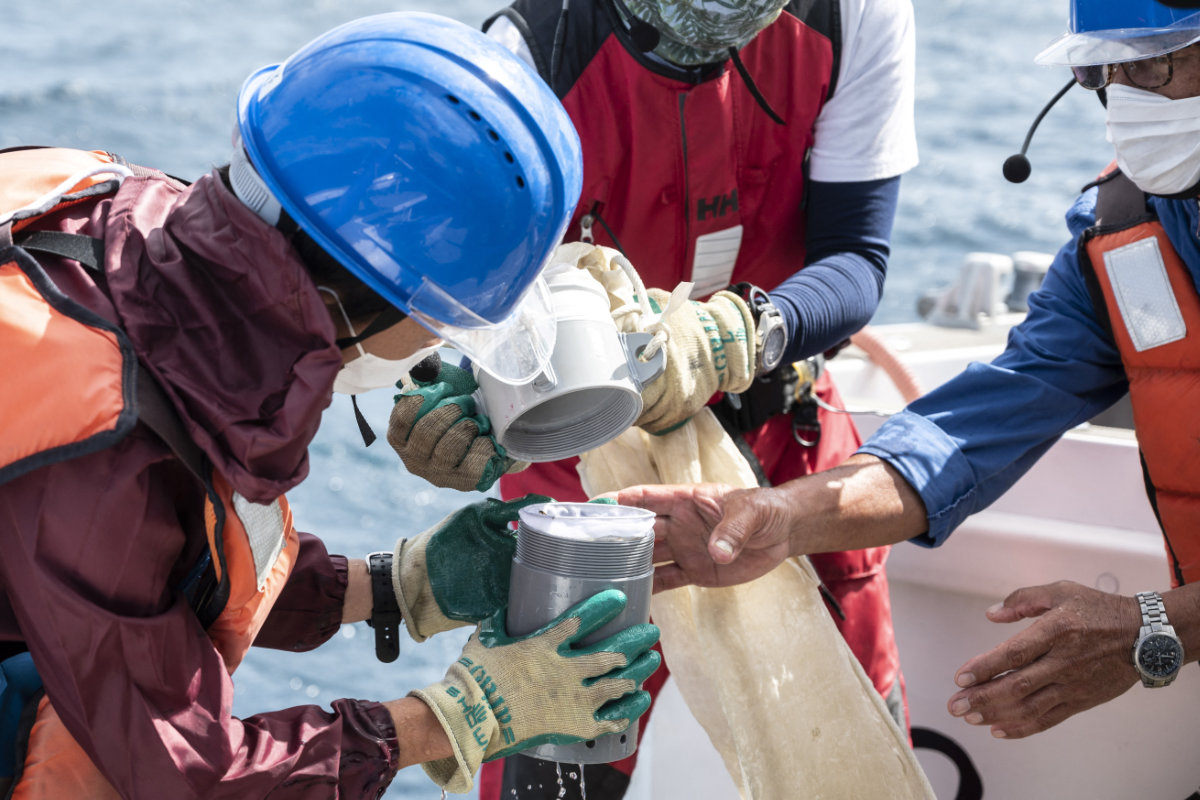
“Essentially, Ai led us to protein sequences that could miss traditional approaches, which led to stronger and more efficient adjustment functions,” added Al-Hehri.
While this discovery was originally carried out in a arithmetic environment, laboratory tests have confirmed the real potential of the peptides.
“We recently carried out experiments to evaluate how strongly binding the ai-designed peptides of plastic”
This section contains relevant reference points placed in (opinion field)
“Nobody designed plastic binding peptides beforehand, and we only rely on arithmetic predictions for peptide design. We were therefore curious to see how our computing forecasts go out in the experiment.
“The AI-specific peptides were exciting. The peptides had a much higher affinity for plastic than random sequences of amino acids and as well as our best biophysical designs.
“This work will hopefully be published in the coming months. After you have checked this check box, the next step is to apply the peptides to microplastic pollution.”
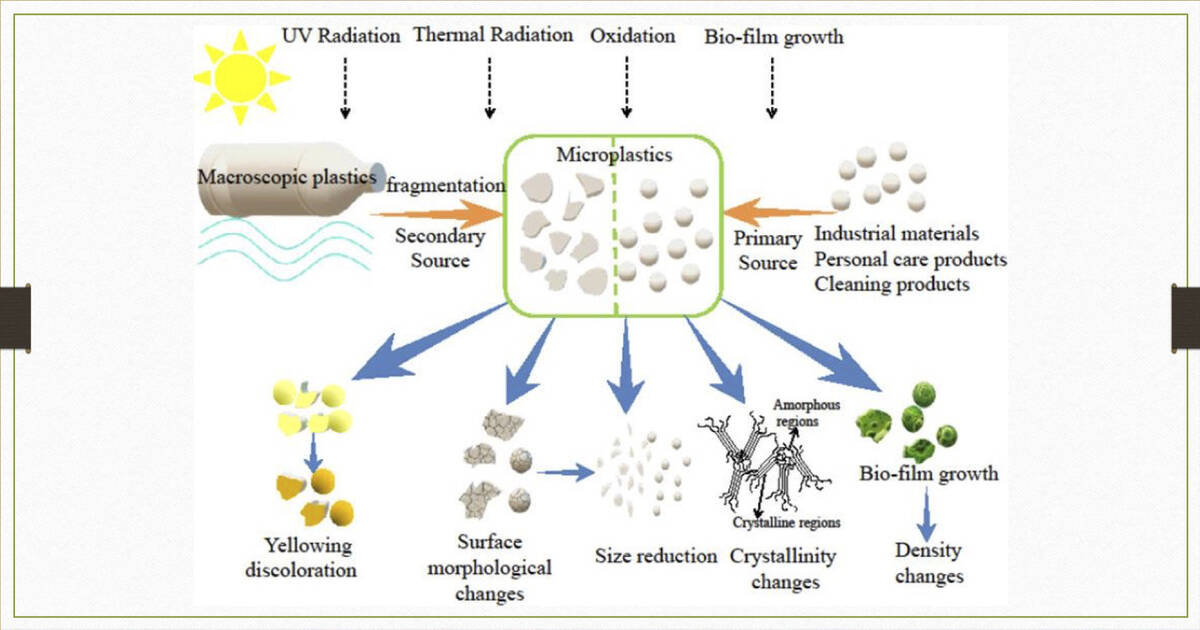
The introduction of this peptide from the laboratory into real applications is a major challenge: scalability.
“A major obstacle is to produce this specialized peptides on a large scale and at the same time ensure that they remain stable and effective in various water environments, be it in fresh, salt or even gray water,” said Al-Hehri.
“In addition to the production, there must be close cooperation between researchers, political decision -makers and industry in order to rationalize the regulations, to secure financing and to ensure safe and inexpensive missions in which contamination is most critical.”
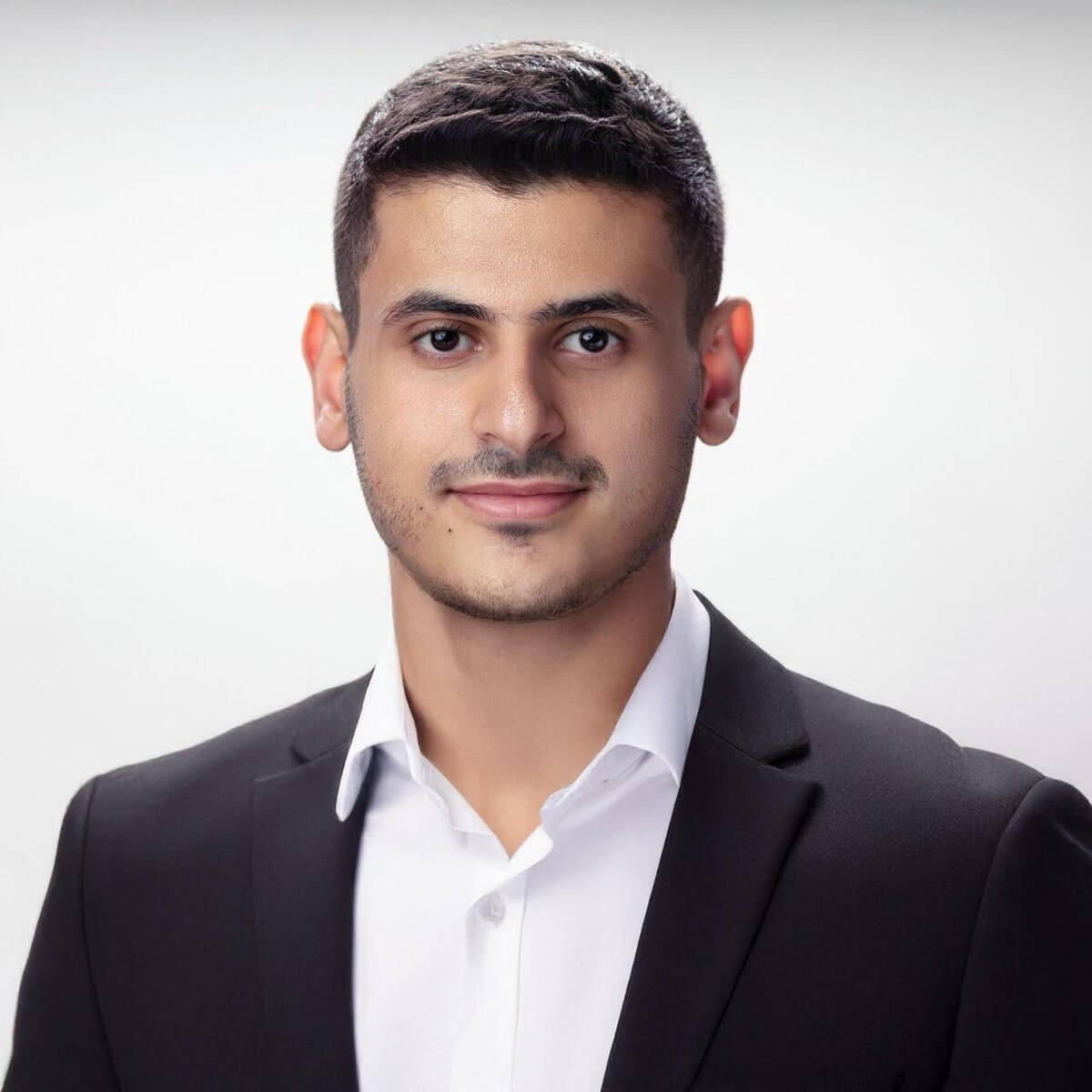
Bergman agrees and emphasizes the enormous potential applications of these peptides.
“We see many possible applications, such as recognizing (and possibly quantification) of microplastic pollution in water using a biosensor, removing microplastics either by filtration or by induction of the aggregation and support of the adhesion of plastic cuts in microplastics,” he said.
This breakthrough is particularly relevant to Saudi Arabia, which brings its ambitious sustainability goals into harmony with his role as a global petrochemical leader.
Important milestones in AI-controlled environmental cleaning
2022 The first AI experiments in the plastic bond on peptide base begin.
2023 AI improved biophysical modeling forecast plastic peptides with greater precision.
2024 AI-enforced peptides were successfully tested using extensive molecular dynamics simulations and exceeding previous solutions.
2025 Researchers at King Saud University, the state of North Carolina and Cornell, publish the results on biodegradable peptides with record -breaking plastic adhesion.
FUTURE AI-controlled peptide research is expanded to include the registration and detection technologies and the broader environmental renovation.
Maher Al al-Rashed, Associate Professor in Plastics Science at King Saud University, sees this double role rather as an opportunity than a conflict.
“Saudi Arabia's persistent transition towards sustainability, in particular through Vision 2030, offers a fertile reason for the integration of AI-controlled biodegradable peptides as part of a diverse strategy to combat plastic pollution,” he told Arab News.
“A practical application could be to include these peptides in cities such as Riyadh and Jeddah in wastewater treatment plants in which the microplastic contamination was documented in water sources.”
He also referred to international benchmarks such as the France Carbios and the Japan's Ideonella Sakaiensis as models for Saudi Arabia to adapt and lead in this room.
“Saudi Arabia could apply similar AI-Motorated enzymatic solutions, especially in industrial zones such as jubil and yanbu, in which high products from plastic waste are required for sustainable disposal methods,” he said.
While Peptides offer a powerful new tool for microplastic cleaning, experts emphasize that they are not a substitute for reducing plastic waste on its source. “The reduction in plastic use is crucial to contain the flow of new pollutants,” said Al-Hehri.

“However, we already have an astonishing amount of microplastics in circulation, some of which have existed for centuries. AI-driven strategies such as our peptide designs serve as a necessary addition to the reduction in sources, the actively existing contamination to improve the recycing recycing republic and the further development of recycling.”
Al-Rashed agrees, but adds that these peptides, which are effective in the long term, have to be optimized for different types of plastics and environmental conditions.
“A fundamental challenge is to ensure that this peptides have a substrate specificity. This means that you have to effectively impair a variety of plastic polymers such as polyethylene, polypropylene and pets without damaging the natural organic substance,” he said.
He also emphasized how important it is to ensure the security of the environment.
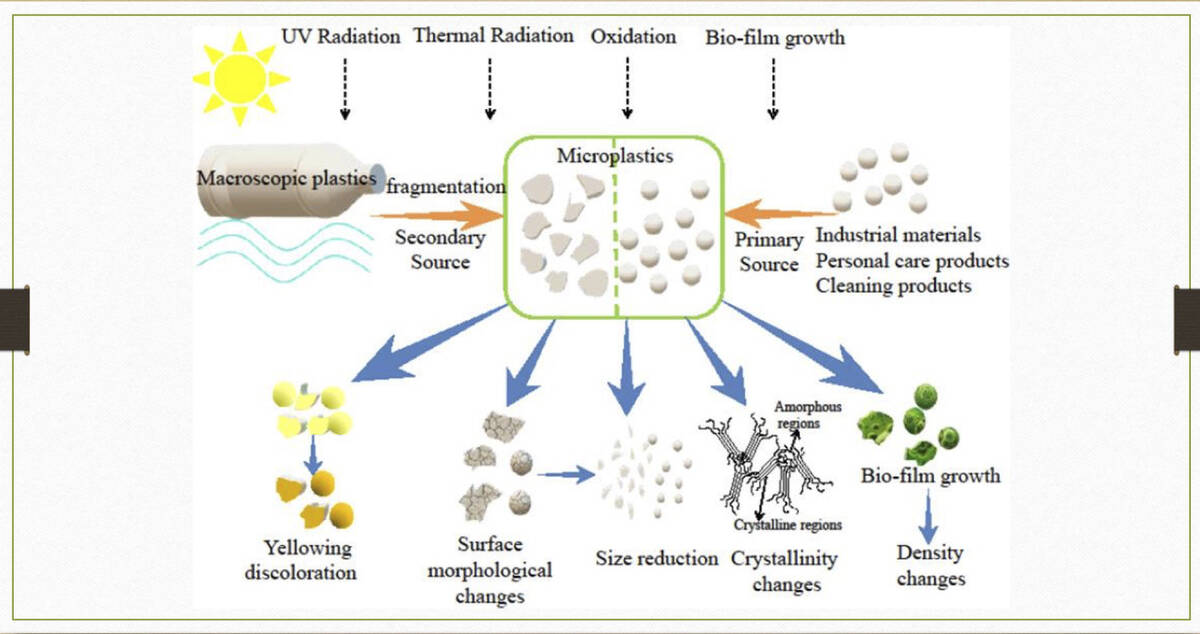
“AI-controlled peptides have to deteriorate in environmentally friendly by-products. Studies from the Saudi Arabia king Abdulaziz City for science and technology examine how the peptide-mediated polymer mining can be interpreted for maximum ecological security.”
The introduction of this peptide from the theory to widespread use requires clear regulatory framework. Al-Stuped emphasized the need for bioss safety and industrial costs.
“From a regulatory point of view, Saudi Arabia would have to determine strict protocols to evaluate bio-security and environmental risk before approving the environmental release of AI Engineered peptides,” he said on the role of the Saudi National Center for Environmental compliance.
At the industrial level, he pointed out that cost efficiency and integration into existing waste development systems would be key factors for success.
“Saudi -Arabia's urban waste collection and processing systems are currently optimized for mechanical and chemical recycling, which means that the transition to bioenzymatic plastic degradation would require significant modifications in the infrastructure,” he said.
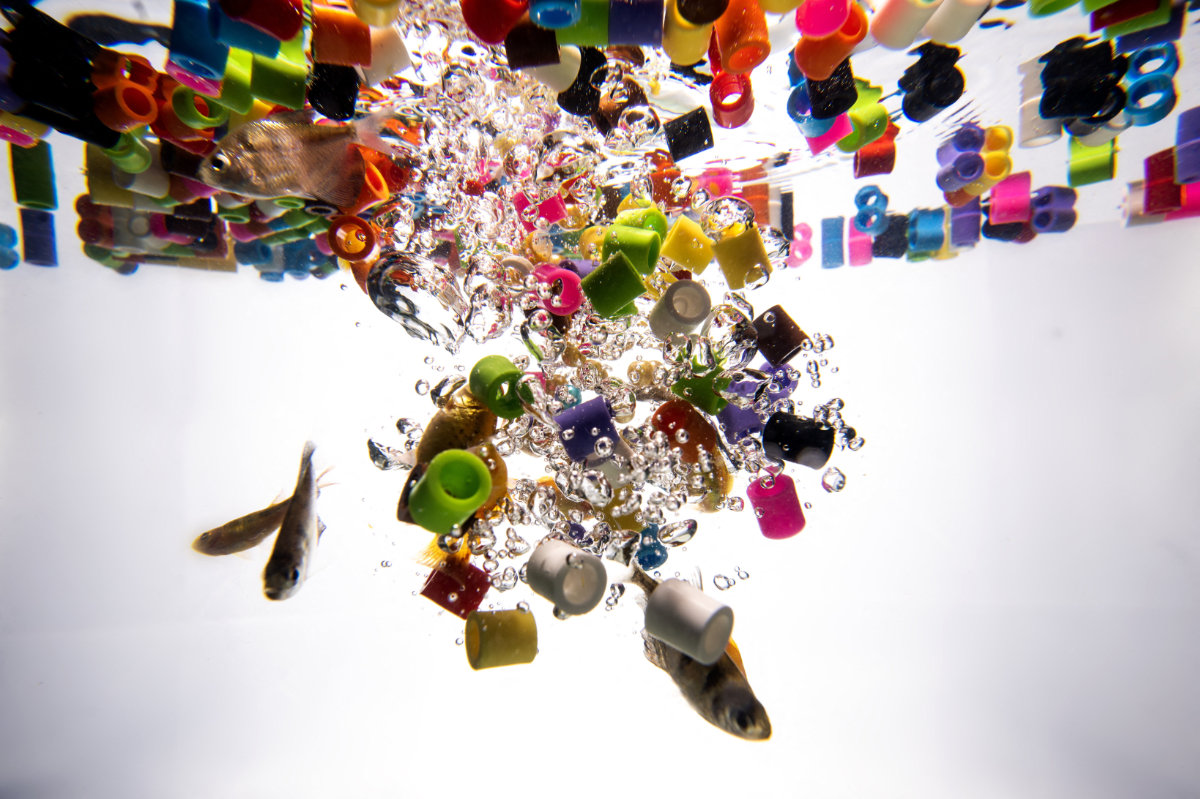
While Saudi Arabia is investigating this innovation, researchers like Al-Hehri emphasize the importance of careful framing of the message of the message-especially in a country in which the plastic industry is economically important.
“Essentially, microplastic research is just as critical as the plastic industry itself,” said Al-Hehri. “We have to compensate for the life -saving advantages of plastic with urgent research in order to remove and remove these tiny particles from our environment.
“Short peptides are driven by innovative academic efforts and are now shining as a new technology in global efforts to combat microplastic pollution. Nevertheless, creating real progress and preservation of the long-term residents of the plastic industry-concerted efforts and research between governments, industries, academic institutions and communities requires.”
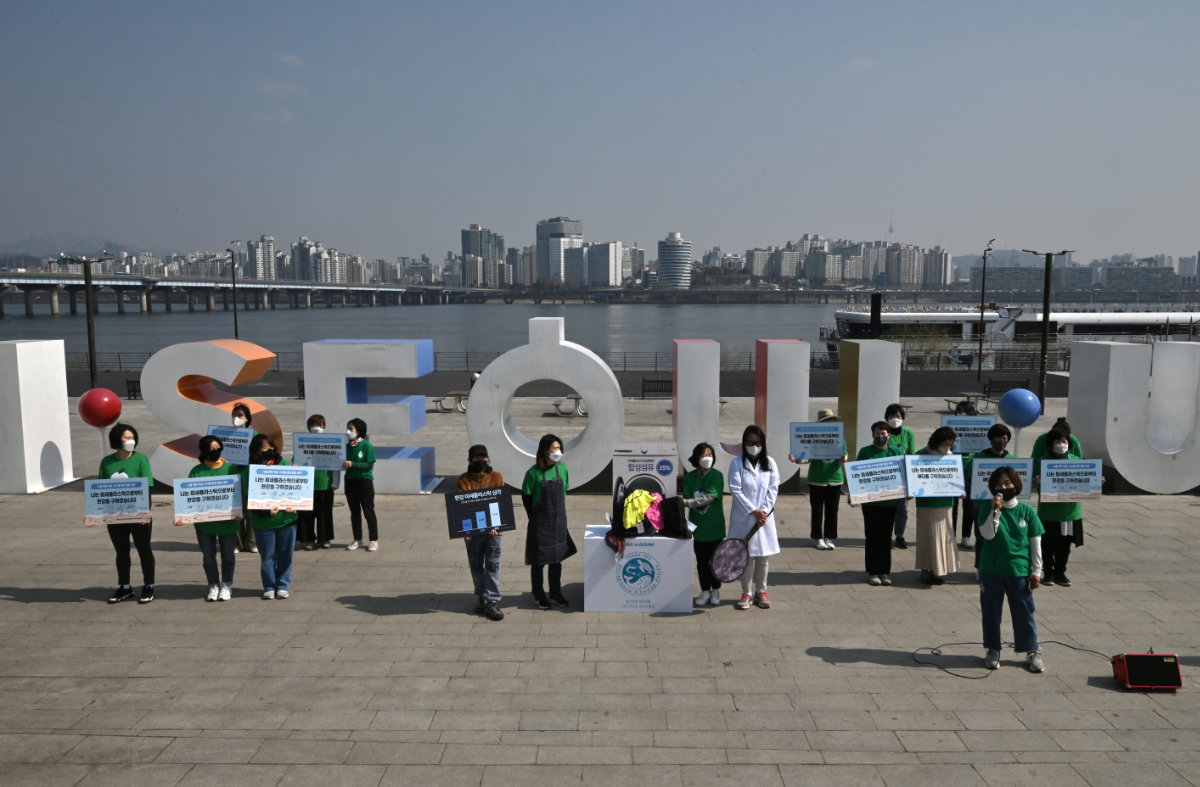
While researchers are investigating how AI can revolutionize science and sustainability, the development of microplastic peptides stands out as a clear example of how data, biology and innovation overlap.
“There are almost endless possibilities in combining AI with biophysics,” said Bergman. “The development of enzymes that reduce plastics is of particular importance for plastic and microplastic pollution.
“In recent years, the Biophysics -controlled AI has helped optimize an enzyme that quickly breaks off the plastic pet. Other researchers are trying to optimize similar enzymes for other frequent plastics such as polystyrene and polyethylene.”
A message rings from the lab ores from riad to simulation laboratories in North Carolina: Ai has the potential to approach one of the most urgent environmental challenges of the planet – and Saudi Arabia is ready to conduct the indictment.
